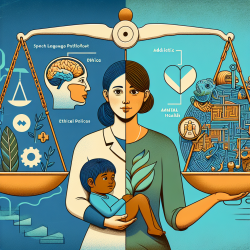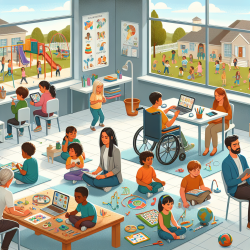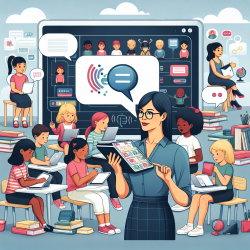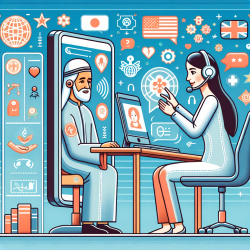Becoming a Licensed Clinical Social Worker (LCSW) in Arizona is a rewarding journey that opens up numerous opportunities to make a significant impact on individuals, families, and communities. At TinyEYE, we understand the importance of qualified professionals in the field of mental health, especially within school settings. Here's a step-by-step guide to help you navigate the LCSW licensing process in Arizona.
Qualifications
- Master’s Degree or higher in Social Work
- 3200 hours of supervised work experience in the practice of clinical social work within no less than 24 months, including at least 1600 hours of direct client contact. Note: Direct practice may include up to 400 hours of psychoeducation.
- 100 hours of clinical supervision within no less than 24 months
- Pass the licensing examination
- Become an LMSW before you can become an LCSW
Application Process
To apply for an LCSW license, you'll need to follow these steps:
- Submit your application forms
- Provide your transcripts
- Pay the application fee: $250.00 (non-refundable)
- Undergo a background check
- Provide proof of residency
- Receive approval to take the licensing test
- Take the test as soon as possible
Note: The license issuance fee is $250.00, which is paid upon notification by the BBHE. The application processing time is typically 90 days, but it may take longer if there are deficiencies.
Temporary License
If you need a temporary license, you must have already submitted an application for a regular license by endorsement. You can be eligible for a temporary license if:
- You are currently licensed or certified by another state behavioral health regulatory entity ($50 fee, valid for 12 months)
- You submit an application within 12 months of graduation from your education program and are approved for licensure pending passage of the required exam. Note: You must take the test within 120 days of being licensed, and the fee is $50.
Supervision Requirements
Supervision is a crucial component in preparing for the LCSW license. Here are the general guidelines:
- Supervision must not be provided by immediate family members or individuals whose objective assessment may be limited by a relationship with the supervisee.
- Supervisees may not acquire supervised work experience in a professional setting where they operate, manage, or have an ownership interest.
- Independent contractors must consult licensure rules for specific requirements.
Direct Supervision
- Direct supervisors have immediate responsibility and oversight for all services provided by a supervisee.
- Typically, the direct supervisor is the administrative boss and must be employed by the same entity as the supervisee.
- A direct supervisor can supervise a maximum of fifteen supervisees at the same time.
Clinical Supervision
- Clinical supervision is typically provided by an LCSW, but up to 75% of hours may be supervised by a licensed psychologist, psychiatrist, LMFT, or LPC.
- 25% of supervision hours must still be provided by an LCSW.
- Supervisees must receive 100 hours of clinical supervision, including 50 hours of individual supervision and 10 hours of direct observation (in vivo or audio/videotape).
- At least 25 hours of supervision must be acquired from an LCSW.
For more information, please follow this link.










